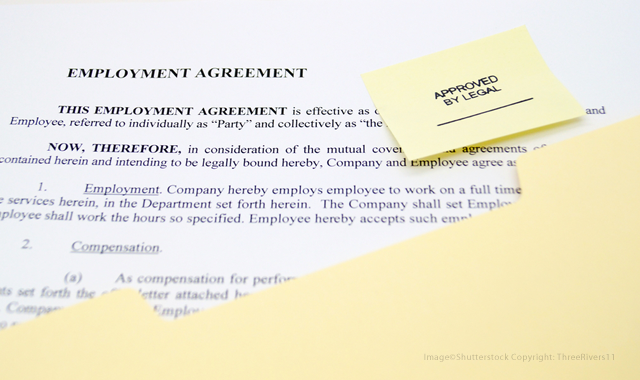Why a non-dentist might make sense as CEO
Dr. Marc Cooper explores a new trend in the business world: hiring an "outsider" CEO. He analyzes if this might have some application in the dental market.

Choosing an insider who understands and respects dentistry and who appreciates your corporate culture and your business model would be keeping with the common path of most group dental practices.
But thinking that you, dentist-founder, would be the most logical choice for CEO can be a dangerous move. Group practices are facing disruptive changes more frequently and they should consider turning to executives with experience outside the industry.
Must-read: Will this insurance move put an end to solo practices?
According to a Harvard Business Review article, 22 percent of new CEOs at large companies came to their new company from outside. That's up from 14 percent during 2004-2007. Historically, such moves were seen as a last resort when internal candidates didn’t measure up. But boards are now more frequently selecting an outsider as a deliberate choice in succession planning. Industries that are undergoing the most disruption are bringing in higher numbers of outsiders. For example, between 2012 and 2015, 38 percent of the CEOs hired at large telecommunications firms were outsiders.
Dentist-founders positioning themselves to be CEO are often driven by the desire to escape "the chair." But given their lack of general corporate business experience, guiding a company though the trials and tribulations of disruptive change will diminish the generation of appropriate strategies to address these changes. Information only turns into knowledge when combined with experience and dentist-founders have little experience as CEOs in growing companies.
Related: The biggest secret to becoming a real dental entrepreneur
Like it or not, dentistry is an industry being subjected to numbers of disruptive changes. Managed group practices have the revenues to hire outsiders. Dentistry is the only industry that has never lost money and its overall revenues are increasing at a steady 5 percent per year, making it attractive to outsiders. Simply put, increasingly, group dental practices are realizing that they need to look beyond the familiar confines of their own world to find new ways of thinking, and new ways of thinking are provided by outsiders.